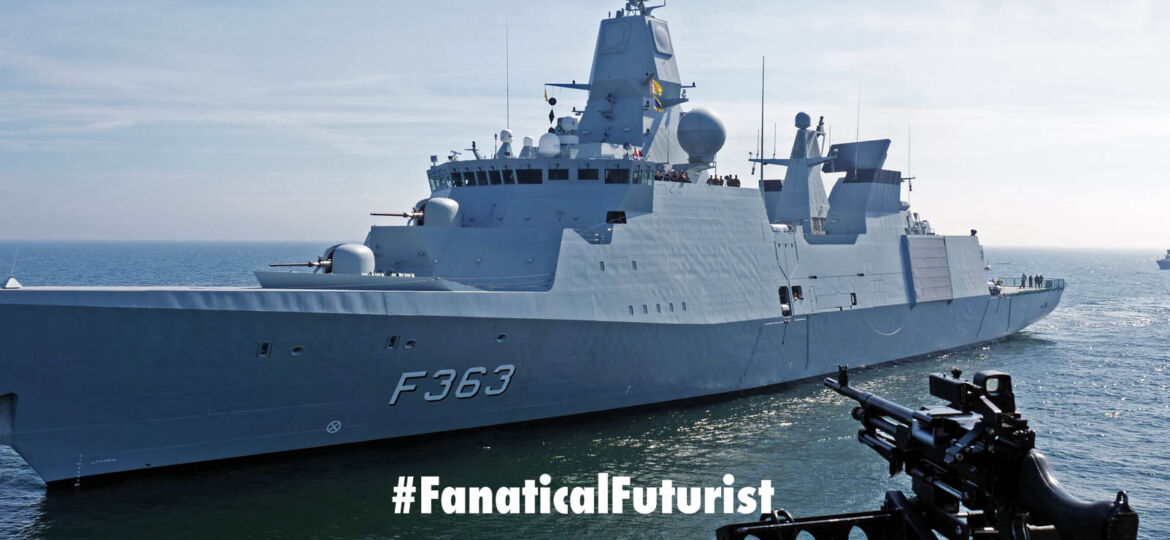
WHY THIS MATTERS IN BRIEF
Many things you think of as sci-fi are now sci-fact and this is yet another example of how new technologies are changing the battlefield.
 Love the Exponential Future? Join our XPotential Community, future proof yourself with courses from XPotential University, read about exponential tech and trends, connect, watch a keynote, or browse my blog.
Love the Exponential Future? Join our XPotential Community, future proof yourself with courses from XPotential University, read about exponential tech and trends, connect, watch a keynote, or browse my blog.
After lots of promises, and research, it now appears that the age of the ray gun is almost upon us as the US military progresses with its plans to install them on everything from F-35 fighter jets, military bases, and military Stryker ground vehicles all the way through to the most advanced stealth warships.
In a major step forwards this week the US Navy took delivery of a near-operational high-energy tactical laser weapon called the High Energy Laser with Integrated Optical-dazzler and Surveillance (HELIOS) system from Lockheed Martin that can be installed in existing warships.
When the first laser was invented by Theodore Maiman at the Hughes Research Lab in Malibu, California, in 1960, it was almost immediately seen as a potential superweapon – the death-ray of science fiction come to life.
While the ability to generate beams of coherent light provided scientists and engineers with a unique tool that would revolutionize many fields over the next six decades, producing a practical laser weapon turned out to be more difficult than first imagined. But, today, the development of solid-state lasers based on coils of fiber optic cables doped with exotic elements like Yttrium have finally moved the laser weapon from the laboratory to the battlefield.
The HELIOS 60-plus-kW-class multirole laser weapon will not just be deployed as an experiment aboard a US Navy ship as in previous tests, but as an operational tactical system that can be fully integrated into ship operations and can be scaled to meet mission requirements. Like other laser weapons, HELIOS can project a beam at the speed of light against multiple targets for about a dollar a shot, not counting equipment costs, and has an unlimited supply of ammunition so long as power is available.
Where HELIOS differs from some laser weapons though is that it can not only be used to destroy targets it can be used also to dazzle optical sensors and the reflected beam can also gather long-range data for Intelligence, Surveillance, and Reconnaissance (ISR) applications. According to Lockheed, this makes HELIOS a “key element of a layered defense architecture for fleet protection.”
“Lockheed Martin and the US Navy share a common vision and enthusiasm for developing and providing disruptive laser weapon systems,” said Rick Cordaro, vice president, Lockheed Martin Advanced Product Solutions.
“HELIOS enhances the overall combat system effectiveness of the ship to deter future threats and provide additional protection for sailors, and we understand we must provide scalable solutions customized to the Navy’s priorities. HELIOS represents a solid foundation for incremental delivery of robust and powerful laser weapon system capabilities,” he added.
Source: Lockheed Martin
















